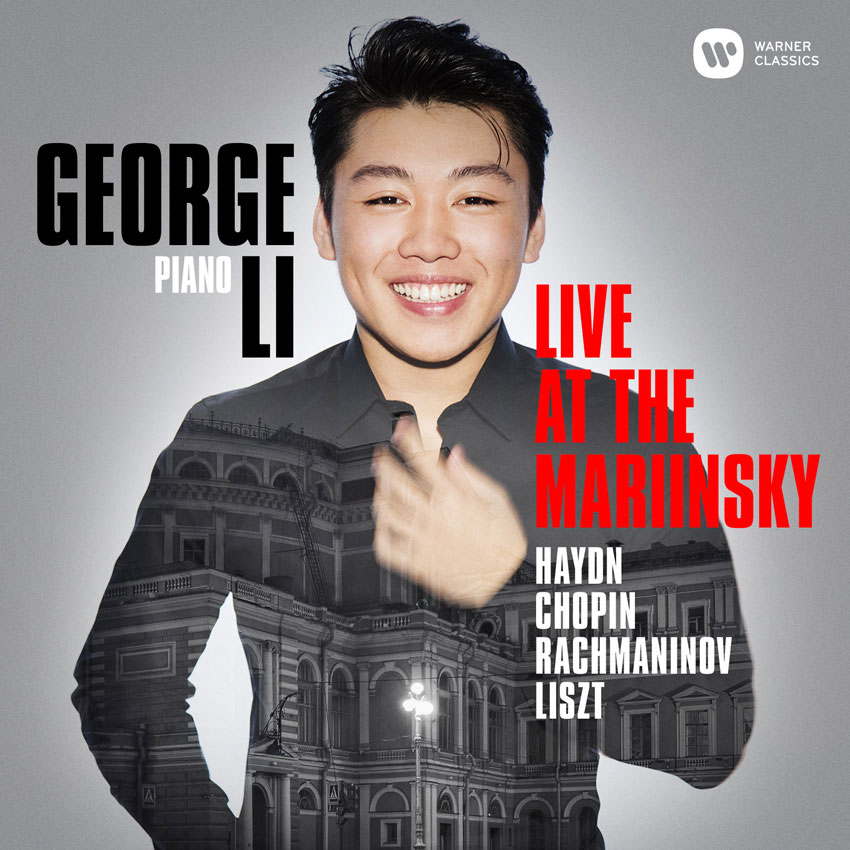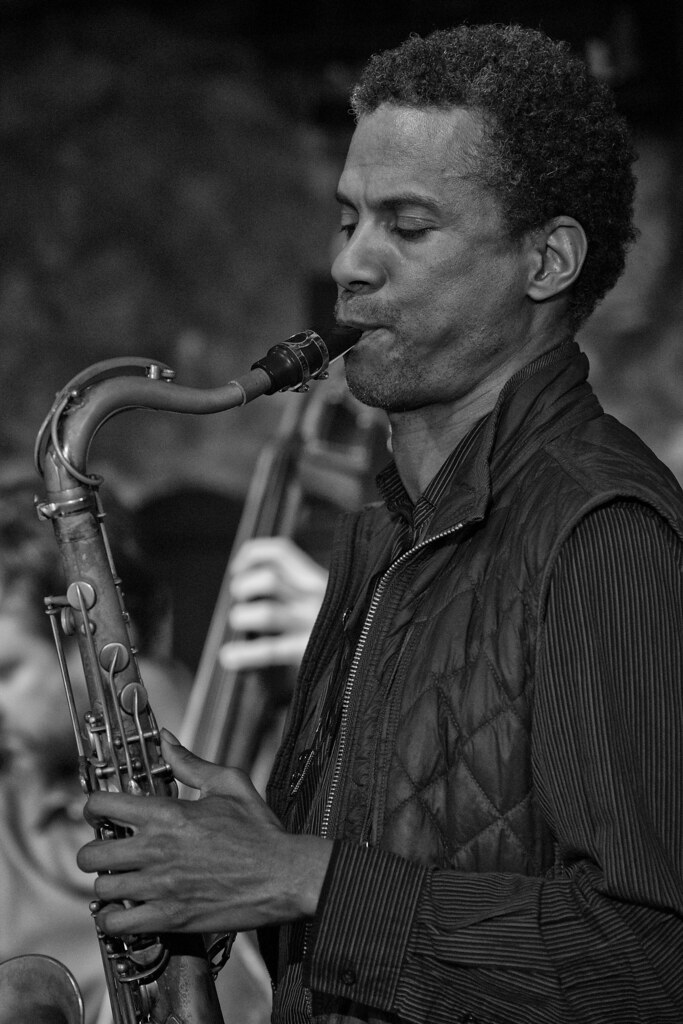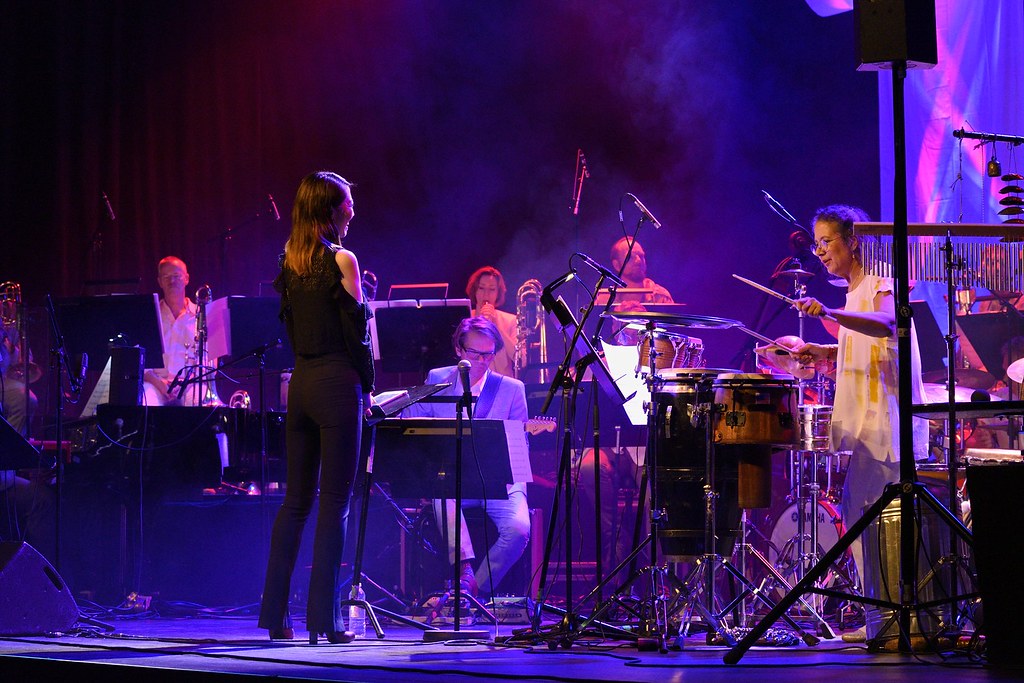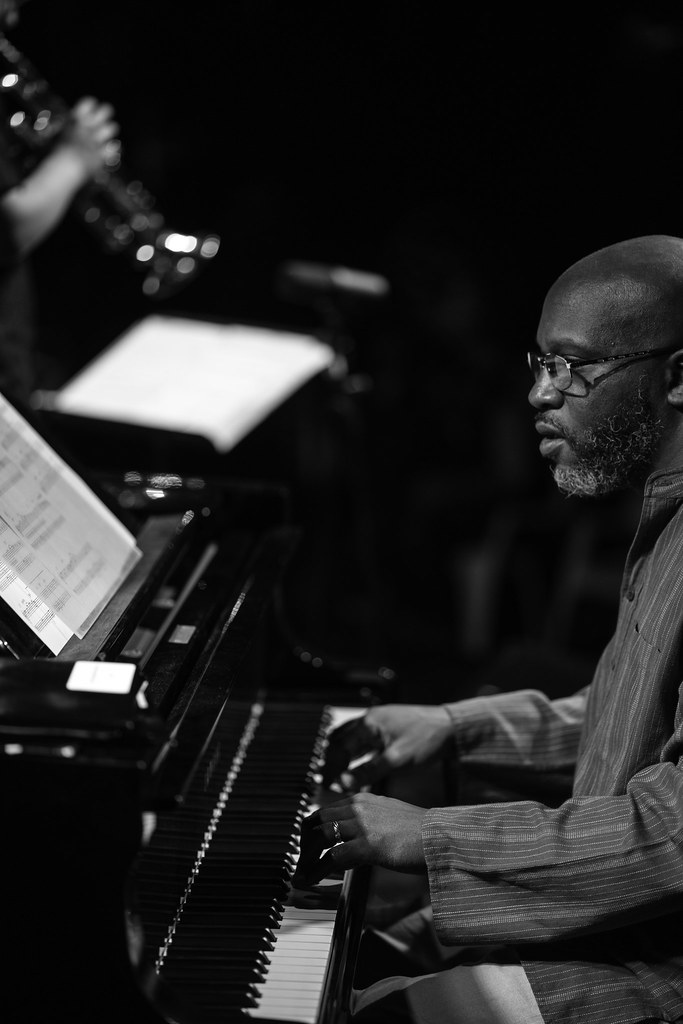 |
| Igor Levit's recording setup |
Every night since the world started quarantining, German-Russian pianist Igor Levit has been reliably livestreaming short Twitter concerts from the living room of his tiny Munich apartment. Nothing extravagant, just a piano, an iPhone whose microphone occasionally cuts out, and a musician determined to improve someone’s—anyone’s—day. On one evening, Brahms’s left-hand arrangement of the Bach Chaconne. On another, some short selections of Schubert. To celebrate his 32nd straight day of streaming, Levit played Beethoven’s bizarre 32nd piano sonata for nearly 20,000 viewers.
Some musicians, like Levit, have been alarmingly productive in quarantine; others (myself included) not so much. As COVID-19 wiped my calendar cleaner than I’d seen it since middle school (from 20 hours of orchestra, choir, and opera rehearsal per week to a big, fat zero), I started to panic . But my solace fell in watching others make the music that I couldn’t; Levit and his colleagues came to the rescue, helping me to have the best of all possible quarantines in this best of all possible worlds (as my Grandpa Paul would have said, “How do you like them apples, Leibniz?”).
Concert halls all over the world are shuttered for the foreseeable future. Musical organizations lay on the verge of financial ruin, trying to retain their solvency without crucial revenue from the final three months of their seasons. Musicians are doing their best to make ends meet even though the market for their services has suddenly dried up.
And yet, one could argue that there is no better time to be a consumer of classical music. As physical concert halls close their doors, virtual concert halls have opened their Zoom rooms, scratching audiences’ itch for live music. Scroll through Facebook on any given day and you’ll find musical gems scattered among the fear and apprehension. A violinist friend playing a minute of a Kesha cover to a backing track. A full rebroadcast from a summer festival whose 2020 iteration has already been canceled. A piece of Renaissance polyphony rewritten as a handwashing song.
A favorite of mine from Singapore's Red Dot Baroque
Like everyone, I’m trying my best to live “in the moment” right now. Yet I can’t help but wonder how this crazy time will live on in the collective memories of musicians and musical consumers alike. People are more willing than ever to embrace the Internet as a means of sharing their musical talents with the world. But, despite this zeal, distanced live music now feels less like a serendipitous outpouring of artistic inspiration than a manifestation of crisis.
Take Igor Levit. I’ve been watching his livestreams as often as I can make the time. The idea of someone playing music for me in real time brings me some meaningful amount of solace as I’m quarantined alone in my apartment. But after COVID-19 is gone, I’ll probably never reach for those archived recordings. Why would I choose Levit recorded on an iPhone when I could listen to any of his masterfully engineered, “just one more take” studio albums?
Levit is doing the best he can in the face of crisis. But right now, we’re measuring “quality” on a different scale than usual. The mere existence of live performances supersedes our conventional notions of musical quality — who cares if these performances aren’t studio- or stage-quality as long as I can watch them from my living room? But five, ten, twenty years from now, once COVID is but a section in our history textbooks and we have renewed access to the live music we currently lack, will anyone remember the art that we are now finding so meaningful, or will we see it as compromised and unpolished? Will anyone want to remember that art, let alone anything of this traumatic era?
We’ve been continually looking to the Spanish flu of 1918 as a reference point. But another tragedy of the time offers damning clues as to what might happen to corona art. In 1914, at the start of World War I, the British army sent Harold Triggs to fight in the trenches of Ypres, Belgium. He brought with him a modified cello, little more than a hollow box outfitted with four strings and an endpin. The instrument brought joy to those rendered listless by an otherwise bleak battle theater. But after the war, it sat untouched on a luthier’s shelf for a hundred years before British cellist Stephen Isserlis used it to record part of an album of WWI-era music. Even then, the trench cello was merely a tool to recreate the historical soundscape of a generation that had since passed — no one who was alive during The Great War wanted to revive music that was so inexorably associated with trauma, loss, and suffering.
The trench cello may have been a viable wartime alternative to a Stradivari, but once the guns fell silent this ingenious instrument almost instantaneously became nothing but an artifact. I’m worried the same will happen for hundreds of innovative COVID-era projects, simply because they were realized in a time when resources were thin. Large-scale “corona” commissioning projects. Daily pajama-clad practice sessions from isolation. Multi-tracked videos captioned “Day __ in Quarantine.” All the tidbits that brought the world some semblance of light in a dark time, forgotten and gathering cyber-dust on a Facebook server in Altoona, Iowa.
The massive amounts of musical content that I’ve seen in the last six weeks have made me laugh, cry, ooh, and aah. After this period is over, of course I’m going to remember the suffering, the loss. But I want to remember the silver linings, too. And COVID-music is perhaps the biggest silver lining I’ve seen so far.
Everything from these few months will be labeled “corona,” whether it’s culture, politics, or cooking (who could forget when the world turned to sourdough for comfort?). It’s up to future us whether we probe beyond that label into the content itself.


























